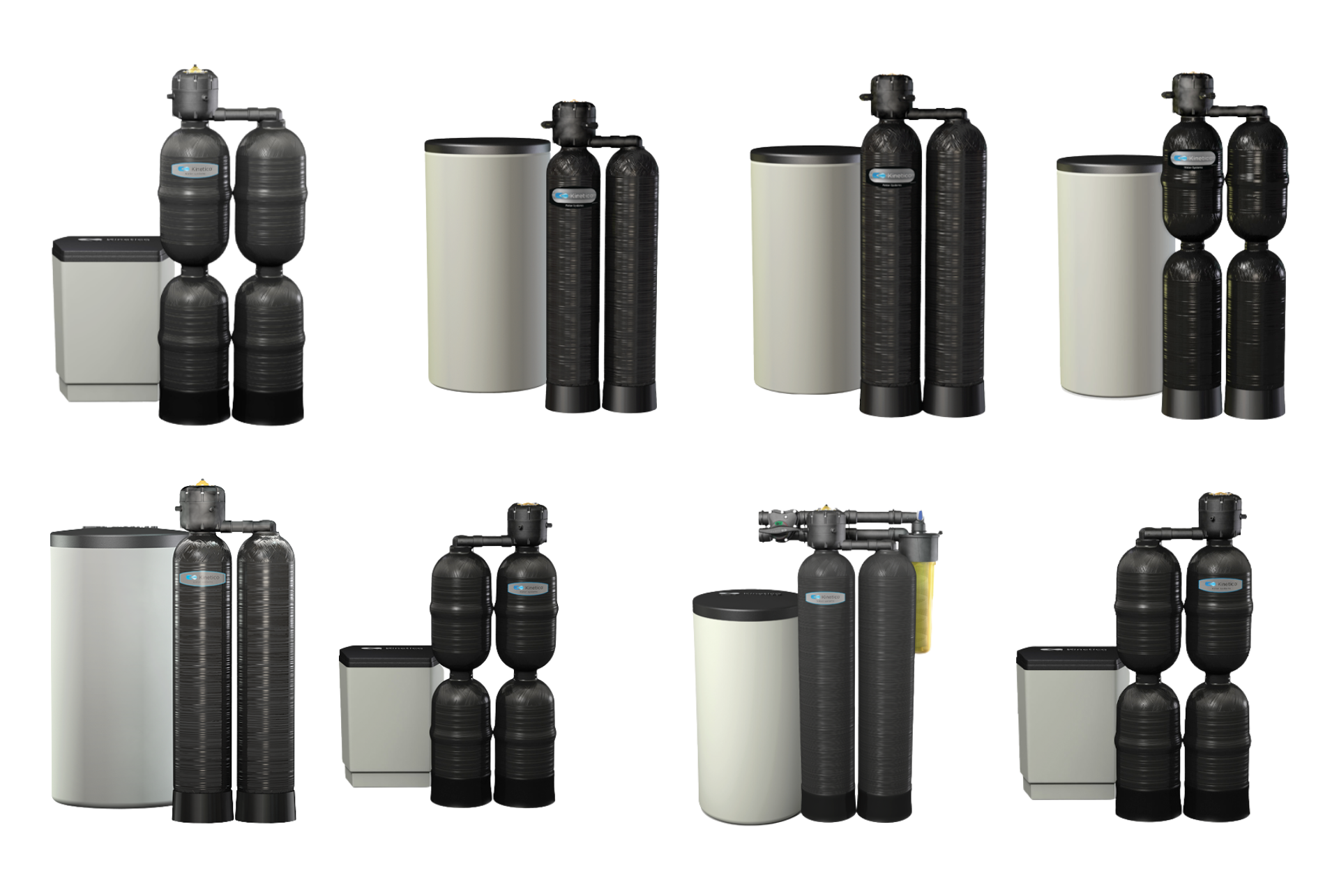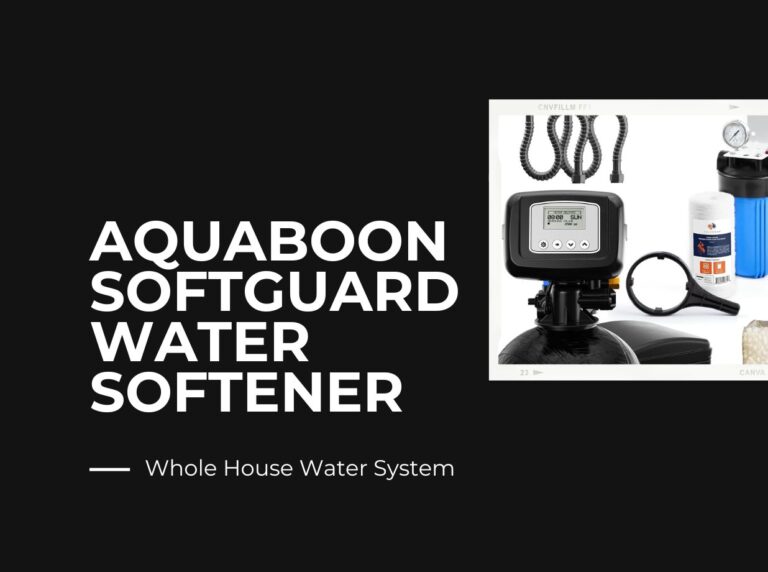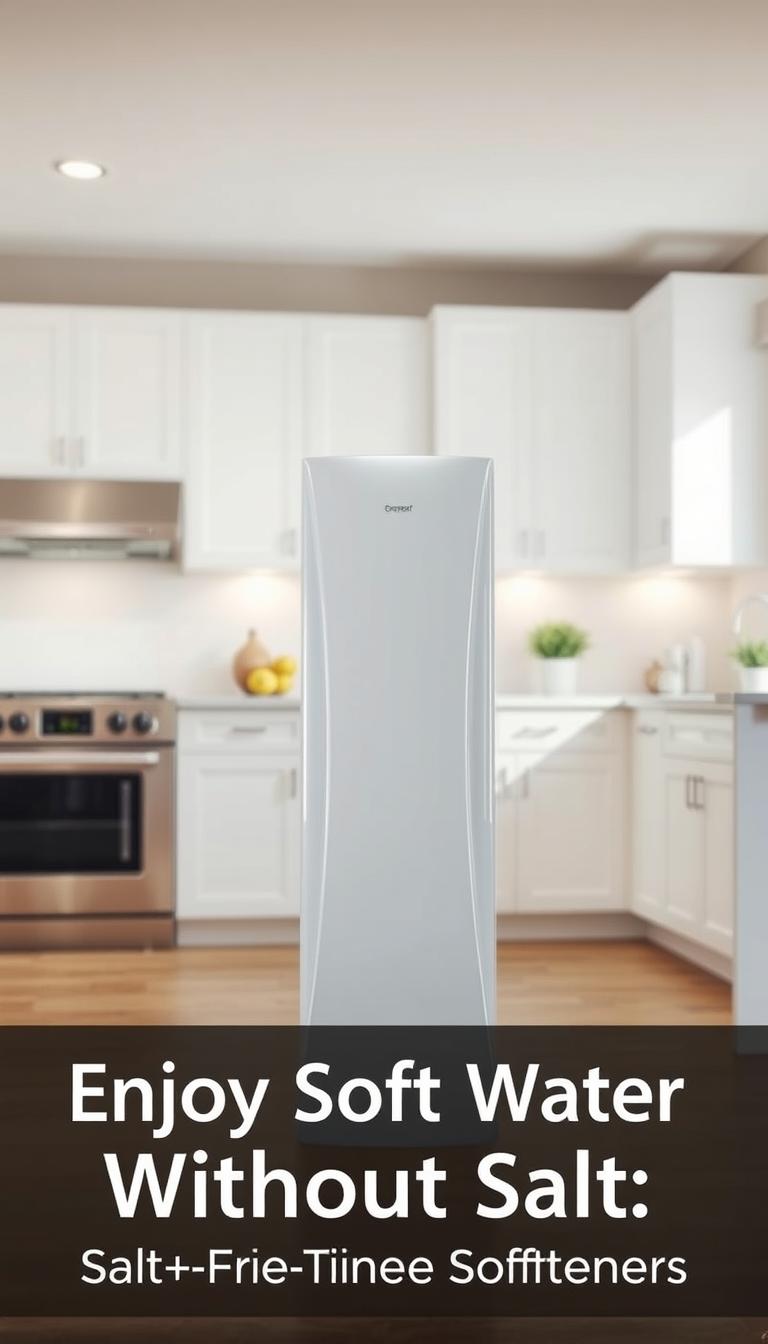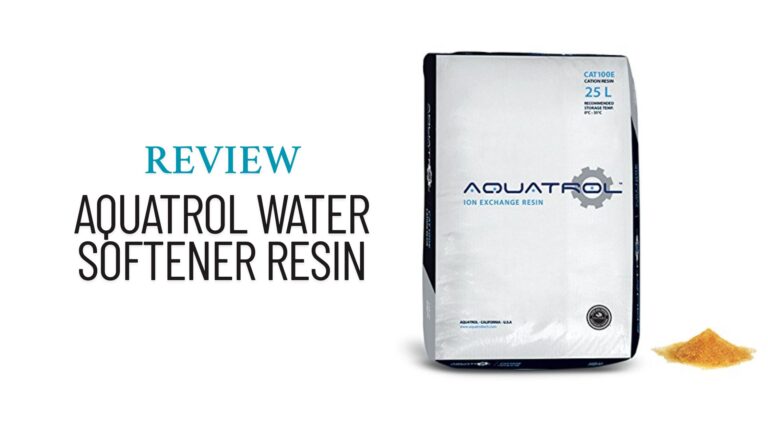The True Cost of Installing a Home Water Softener
Thinking about softening the water in your home? You’re not alone. Many homeowners are turning to water softeners to improve water quality and extend the life of their appliances. However, one of the first questions that comes to mind is, “How much does a home water softener cost?”
A home water softener is an investment in your home and health, but it’s important to understand all the factors involved in the cost. From the type of system to installation fees and potential maintenance, several elements can influence the overall price.
Note: The cost of a water softener can range from a few hundred dollars to several thousand dollars, depending on various factors.
In this guide, we’ll break down the main considerations to help you budget effectively for your new water softening system.
Comparing Different Types of Water Softeners and Their Costs
Water softeners come in various types, each with its own benefits and cost implications. Let’s explore the key types available on the market and how their prices generally stack up.
Salt-Based Water Softeners: One of the most common types, salt-based systems are highly effective in removing hardness-causing minerals. Usually, they range from $500 to $2,500. The final cost often depends on the capacity and additional features, such as high-efficiency models or digital controls.
Sensitivity to Technology: Systems like smart water softeners are designed to optimize usage and efficiency. They can adapt to your household’s water consumption patterns, potentially saving you money in the long term. These can cost anywhere from $1,000 to $3,000.
Salt-Free Water Softeners: If you’re looking for a low-maintenance option, salt-free softeners may suit your needs. They use a different technology to prevent hard water minerals from causing buildup. Expect to pay around $800 to $3,000, depending on the system’s capacity and features.
Duel-Tank Systems: These are useful for larger households or areas with extremely hard water. They ensure a continuous supply of softened water and usually cost between $1,500 and $5,000. Their higher price is due to the additional tank and more complex setup.
Well vs. Municipal Water Systems: The water source can also influence your choice and cost. Systems designed specifically for well water typically have added filtration to handle additional impurities. These generally range from $1,000 to $4,000, as opposed to municipal-specific softeners, which might be slightly cheaper.
While these costs provide a general idea, it’s crucial to consider the key factors that impact prices, such as the hardness of your water, the size of your household, and the expected longevity of the system. Choosing the right water softener requires balancing up-front costs with long-term savings.
| Type of Water Softener | Average Cost (USD) | Average Lifespan (Years) | Maintenance Frequency |
|---|---|---|---|
| Salt-Based Ion Exchange | $500 – $2,500 | 10-20 | Moderate |
| Sodium-Free | $1,000 – $3,000 | 10-15 | Low |
| Dual-Tank | $1,500 – $3,500 | 15-20 | Low |
| Magnetic | $200 – $600 | Varies | Low |
| Portable | $150 – $400 | 6-12 | High |
Breaking Down Installation Costs: What to Expect
Installing a water softener involves more than just purchasing the unit itself. Understanding the breakdown of these installation costs will help you budget better and avoid any surprises.
Labor Costs: Labor costs can vary widely depending on your location and the complexity of the installation. On average, expect to pay between $150 and $1,000. If you are handy and opt for a DIY approach, you could potentially save a significant amount on these costs.
Plumbing Modifications: Sometimes, installing a water softener requires changes to your home’s existing plumbing. This can add additional costs ranging from $100 to $500, depending on the extent of the modifications needed.
Water Testing: Before installation, testing your water is essential to determine the level of hardness and select the right system. Professional water testing can cost between $50 and $200.
Permit Fees: Your city or county may require a permit to install a whole-home water softener. Permit fees usually vary but can add another $20 to $100 to your overall costs. It’s always a good idea to check with your local permit office for specific guidelines and costs.
Budgeting for water softener installation is as crucial as choosing the right system. With a little planning and by understanding these various costs, you can ensure a smooth installation process without any unexpected expenses. Remember, consulting with multiple professionals and comparing quotes can also contribute to significant savings.
DIY installation can save homeowners up to $500
| Cost Factors | Estimated Range |
|---|---|
| Basic System | $200 – $600 |
| Mid-range System | $600 – $1,500 |
| High-end System | $1,500 – $6,000 |
| Installation Cost | $150 – $1,000 |
| Maintenance Costs (Annual) | $50 – $300 |
| Professional Water Testing | $80 – $150 |
| Plumbing Modifications | $100 – $500 |
Maintenance Costs: What You Need to Budget For
When it comes to maintaining your water softener, there are several costs to consider. Routine maintenance helps ensure your system runs efficiently and prolongs its lifespan, saving you money in the long run.
Regular Salt or Potassium Refills: Most water softeners use either sodium chloride (salt) or potassium chloride to regenerate the resin beads that soften your water. Depending on the size of your household and the hardness of your water, you might need to refill the brine tank every one to two months. On average, expect to spend between $5 and $40 monthly on these consumables.
Annual Servicing: It’s recommended to have a professional service your water softener annually. This service usually includes a thorough inspection, cleaning, and replacement of worn-out parts. The cost typically ranges from $100 to $300, but investing in regular servicing can help prevent costly repairs down the road.
Filter Replacements: Some water softeners come with sediment pre-filters to trap larger particles before the water reaches the softener. Replacing these filters every three to six months is crucial, costing around $10 to $30 each time.
Unexpected Repairs: While regular maintenance can mitigate some repair costs, unforeseen issues may still arise. Repairs can range from minor fixes, like replacing a valve, to major ones, such as a complete system overhaul. You should budget $150 to $500 annually for unexpected repairs.
Considering these factors, annual maintenance costs for a home water softener can range from $200 to $1,000, depending on your system and specific requirements.
If you’re looking to minimize these costs, consider renting a water softener. This option often includes maintenance services, which can be more cost-effective over time. Additionally, investing in a high-quality system initially can reduce long-term maintenance expenses, as lower-end units may cost more in repairs.
The average lifespan of a water softener is 10 to 15 years
| Type of Water Softener | Average Cost | Capacity (Grains) | Maintenance Costs (Annual) |
|---|---|---|---|
| Ion Exchange | $400 – $1,000 | 20,000 – 80,000 | $100 – $300 |
| Salt-Free | $800 – $4,000 | 15,000 – 80,000 | $50 – $150 |
| Dual-Tank | $1,000 – $2,000 | 30,000 – 100,000 | $150 – $300 |
| Magnetic | $100 – $500 | Not Applicable | $0 – $50 |
Understanding Warranty and Service Agreements
When it comes to purchasing a home water softener, understanding the warranty and service agreements is crucial. Warranties can differ significantly between manufacturers and models, ranging from one year to well over ten years. Typically, higher-end models come with more comprehensive warranties, which can provide peace of mind and potentially save you money in the long run.
Service agreements often include annual maintenance, which is recommended to keep your water softener functioning efficiently and to maintain warranty coverage. Maintenance typically involves checking the system, replacing filters, and ensuring everything is in proper working order. Some companies, such as Angel Water, offer professional water tests, installations, and ongoing maintenance, making it easier for you to keep your system in top shape.
It’s beneficial to scrutinize what exactly is covered under the warranty and service agreement. Most standard agreements cover parts and labor for a specified period, but you may find some exclusions, such as damage from misuse or installation errors. Additionally, some companies offer extended warranties or service plans for an additional cost. Weighing these options can help you make a more informed decision.
When reviewing warranty and service agreements, it’s also a good opportunity to shop around for at least three different suppliers for quotes. This comparison allows you to understand what each supplier offers and to ensure you’re getting the best deal for your needs. Remember to check for any seasonal sales or manufacturer rebates that might be available, as these can significantly lower your overall costs.
Finally, ensure you have a clear understanding of what kind of service is provided post-installation. Knowing whether you’ll receive continued support or if you’ll need to handle future repairs and maintenance on your own is essential. Opting for a provider with robust service agreements can save you time and hassle down the line.
Health Benefits of Installing a Home Water Softener
Health Benefits of Installing a Home Water Softener
When it comes to the health benefits of installing a home water softener, there are several compelling reasons to consider. One of the most immediate and noticeable advantages is healthier skin and hair. Hard water often contains high levels of calcium and magnesium, which can strip your skin and hair of their natural oils, leaving them dry and brittle. By softening your water, you help to maintain natural moisture, resulting in softer skin and shinier hair.
Another significant benefit is the elimination of scale buildup. Hard water minerals can accumulate in your pipes, leading to reduced water flow and potentially expensive plumbing issues. By using a water softener, you can prevent this buildup, ensuring that your plumbing system remains in optimal condition and reducing the likelihood of costly repairs.
Improved water taste is another health benefit worth noting. Many people find that softened water tastes better, making it more enjoyable to drink. This can encourage you and your family to stay better hydrated, which is crucial for maintaining overall health.
The impact on your laundry is also worth mentioning. Softened water allows detergents to work more efficiently, which means you can use less soap while achieving cleaner and brighter clothes. This not only results in better-looking laundry but also minimizes the amount of chemical residue left on your garments, making them gentler on sensitive skin.
Conclusion
In summary, investing in a home water softener involves several costs, from the initial purchase to installation and ongoing maintenance. By understanding the different types of water softeners and their associated costs, you can make a well-informed decision that fits your budget and meets your home’s needs. Remember, while the upfront costs might appear significant, the long-term benefits such as softer skin and hair, efficient appliances, and lower energy bills can outweigh these expenses.
As you weigh your options, consider not just the price but also the value a water softener can bring to your daily life. Research thoroughly, read reviews, and perhaps even consult with a general contractor to ensure you select the right system for your home. Don’t forget to factor in the importance of a robust warranty and the potential advantages of service agreements to protect your investment.
Ultimately, a water softener is more than a purchase; it’s an investment in your home’s comfort and efficiency. With the right planning and budget, you can enjoy all the considerable benefits it offers. Whether you choose to buy or consider renting, your decision can lead to a more comfortable, efficient, and enjoyable home environment.







